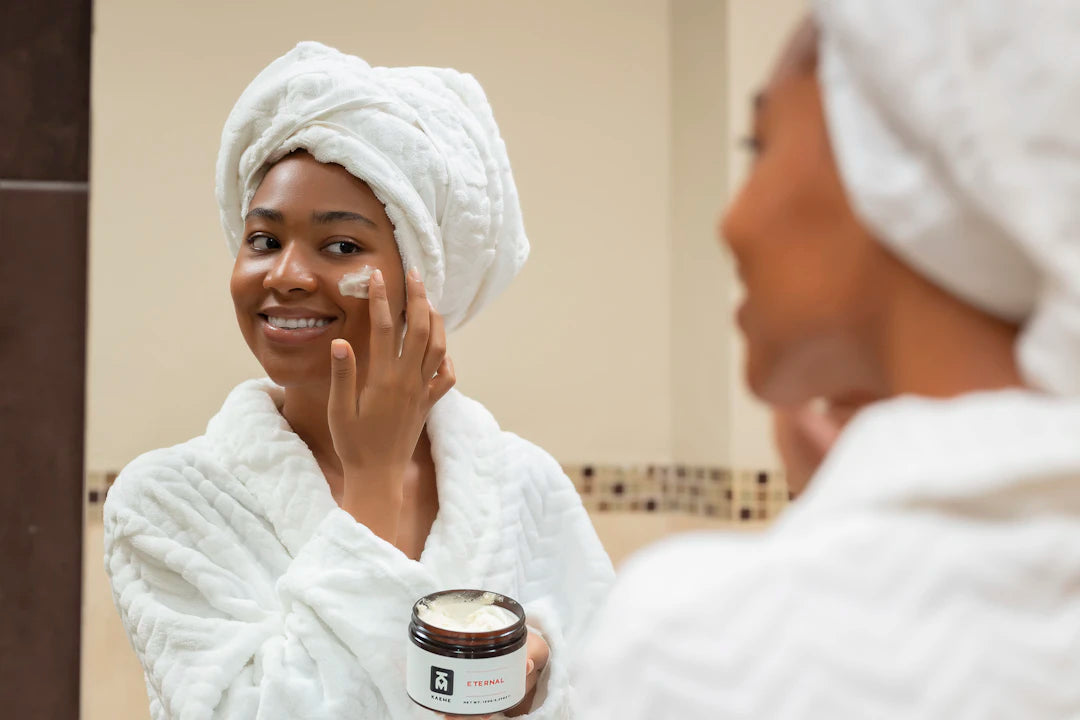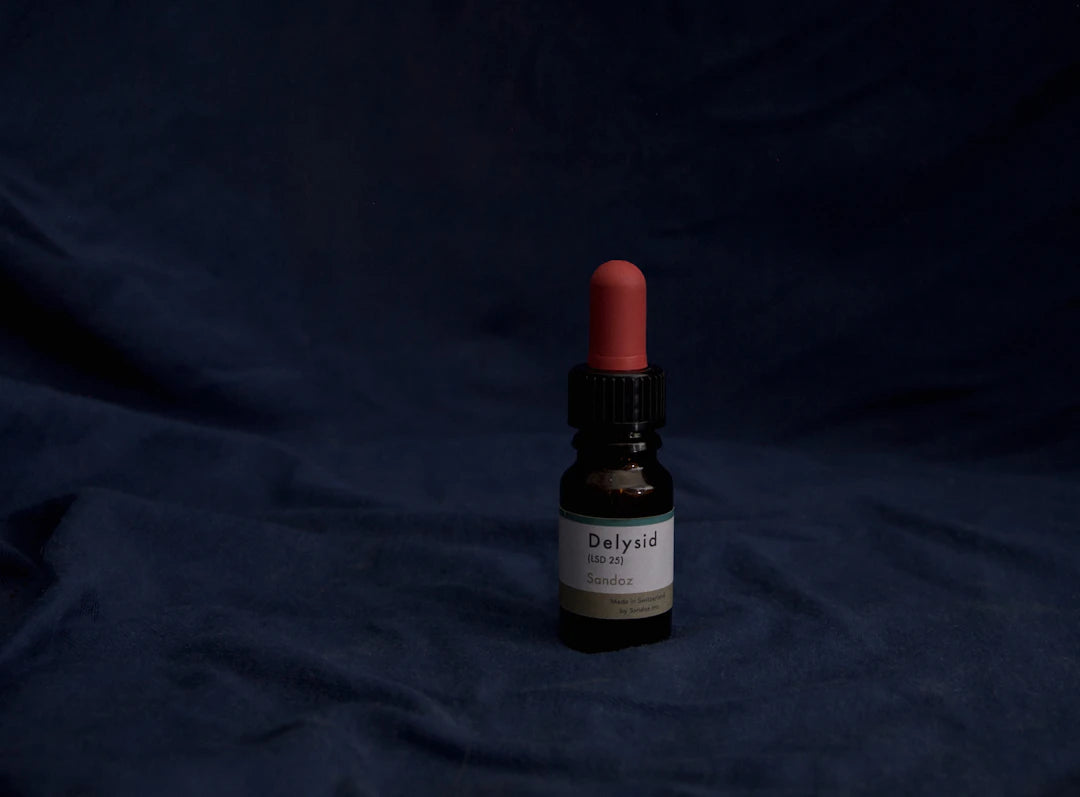The Magic of Exfoliation: Unlock Radiant Skin

Overview
Exfoliation is the process of removing dead skin cells, crucial for maintaining healthy, radiant skin. It helps prevent issues like clogged pores and dullness, with benefits including improved texture and enhanced product absorption. Techniques vary by skin type, and it's essential to exfoliate appropriately to avoid irritation. Regular exfoliation can lead to a brighter, more youthful complexion.
Frequently Asked Questions
1. What is exfoliation?
2. Why is exfoliation important?
3. How often should you exfoliate?
4. What are the benefits of exfoliation?
5. What techniques can be used for exfoliation?
Exfoliation is one of the most transformative processes in skin care. It's a vital step in achieving that coveted, glowing complexion. Understanding its significance, techniques, and benefits can elevate your skin care routine and take your beauty regimen to the next level. If you're eager to learn how exfoliation can change your skin for the better, keep reading!
What is Exfoliation?
Exfoliation is the process of removing dead skin cells from the outer layer of the skin. This rejuvenating technique enhances your skin’s overall appearance, making it smoother, brighter, and healthier. By incorporating exfoliation into your daily skin care routine, you can unveil fresh skin and help clear away imperfections.
Why is Exfoliation Important?
The outer layer of our skin continually sheds dead cells, but this process can slow down due to various factors such as age, lifestyle, and environmental conditions. When dead skin cells accumulate, they can lead to a variety of skin issues, including:
- Pore congestion and blackheads.
- Dullness and uneven skin tone.
- Rough texture and dryness.
- Fine lines and premature aging.
Regular exfoliation can ward off these concerns by promoting cell turnover, allowing fresh skin cells to emerge and breath, revealing a more vibrant complexion.
Types of Exfoliation Techniques
Physical Exfoliation
Physical exfoliation involves manually scrubbing the skin with textured products such as scrubs or brushes. Tools can range from gentle facial brushes to microdermabrasion devices designed to polish the skin gently. The key is to choose a method that suits your skin type. For sensitive skin, a mild exfoliating scrub may be preferable, while those with oilier or more resilient skin might benefit from using stronger formulas.
Chemical Exfoliation
Chemical exfoliation utilizes acids or enzymes to dissolve dead skin cells. Ingredients such as alpha hydroxy acids (AHAs) and beta hydroxy acids (BHAs) are commonly used. AHAs are water-soluble and ideal for dry skin, while BHAs penetrate deeper and can help with oily skin prone to breakouts. Incorporating these chemical agents into your skin care routine can be particularly effective and less irritating than physical methods.
How Often Should You Exfoliate?
Finding the right exfoliation frequency is crucial for maintaining healthy skin. Over-exfoliating can lead to irritation, redness, and increased sensitivity. Generally, here are some recommendations based on skin type:
- Sensitive Skin: 1-2 times a week.
- Normal to Combination Skin: 2-3 times a week.
- Oily or Acne-Prone Skin: 3-4 times a week, but monitor for irritation.
Always listen to your skin and adjust the frequency as needed. If your skin feels irritated, scaling back may be the best choice.
The Benefits of Exfoliation
Incorporating exfoliation into your routine brings about numerous benefits that contribute to healthier skin:
Unclogs Pores
By removing the build-up of dead skin cells, exfoliation helps to prevent clogged pores, minimizing the risk of breakouts and blackheads. Regular exfoliation can keep your complexion clear and smooth.
Enhances Product Absorption
When dead skin cells are removed, it creates a smoother surface, allowing serums, moisturizers, and treatments to penetrate deeper and work more effectively. This maximizes the benefits of your entire skin care arsenal and can significantly enhance your results.
Improves Skin Texture
Exfoliation helps to reveal healthier skin that is less prone to issues like roughness and flakiness. This improved texture not only looks great but also feels fantastic!
Brightens Dull Skin
Exfoliating stimulates blood circulation, boosting overall skin health and radiance. As the fresh skin cells beneath the surface emerge, your complexion will appear more vibrant and youthful, helping you radiate confidence.
Best Practices for Exfoliating
For optimum results, it's essential to follow some best practices while exfoliating:
- Choose the Right Exfoliant: Select a product that suits your skin type and concerns. If you're unsure, consult a dermatologist for personalized recommendations.
- Patch Test: Always perform a patch test before trying a new exfoliating product to ensure it won't irritate your skin.
- Use Sunscreen: Exfoliation can increase skin sensitivity to the sun. It’s crucial to apply sunscreen daily to protect your newly revealed skin.
- Stay Hydrated: Keep your skin hydrated post-exfoliation with a nourishing moisturizer. Hydration helps calm the skin and reduces the risk of irritation.
Exfoliating Techniques for Different Skin Types
For Sensitive Skin
If you have sensitive skin, consider gentler options like chemical exfoliants with lower concentrations of AHAs or BHAs. Always opt for fragrance-free products that are less likely to cause irritation. Using a soft washcloth or a gentle scrub can also help minimize any potential discomfort.
For Oily Skin
Individuals with oily skin can benefit significantly from exfoliation, as it helps to control excess oil production. Look for products containing BHAs, as they are oil-soluble and effectively penetrate pores to clear out impurities.
For Dry Skin
Dry skin may require a more moisturizing approach to exfoliation. AHAs are great for this skin type, as they also provide hydration along with exfoliation. Look for creamy or hydrating scrubs that hydrate as they exfoliate.
Myths About Exfoliation
Despite its benefits, many myths surround exfoliation. Let's dispel a few common misconceptions:
- Exfoliation Causes Aging: This is false; proper exfoliation helps in cell turnover and can reduce the appearance of fine lines over time.
- More is Better: Over-exfoliating can indeed harm your skin, leading to irritation and increased sensitivity.
- Exfoliation is Only for Young Skin: People of all ages can benefit from regular exfoliation, as it promotes healthier skin at any age.
Feeling Radiant and Renewed
Exfoliation plays a crucial role in your skin care routine, enhancing texture, brightness, and overall skin health. Whether you prefer physical or chemical methods, making this step a regular element of your regimen can lead to stunning results. Remember to choose products that suit your skin type, exfoliate with care, and enjoy the fabulous benefits of radiant, youthful skin!
Linked Product

Microdermabrasion
Microdermabrasion offers a gentle yet effective way to exfoliate the skin, utilizing bamboo beads to remove dead skin cells without causing irritation. Formulated with pumpkin extract and vitamins, it helps to soothe and nourish the skin while addressing free radical damage. This product is an ideal addition to a skincare routine, particularly when paired with beauty oil or laser resurfacing treatments.
View Product

